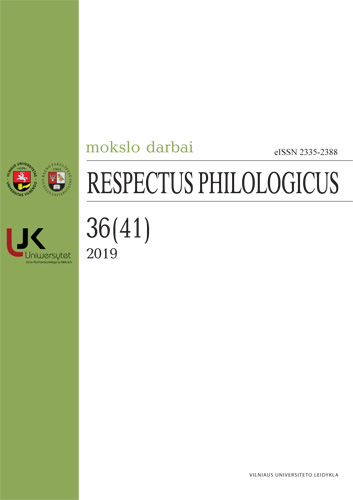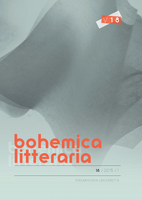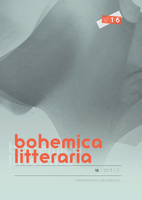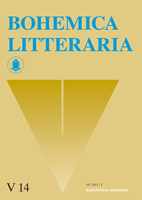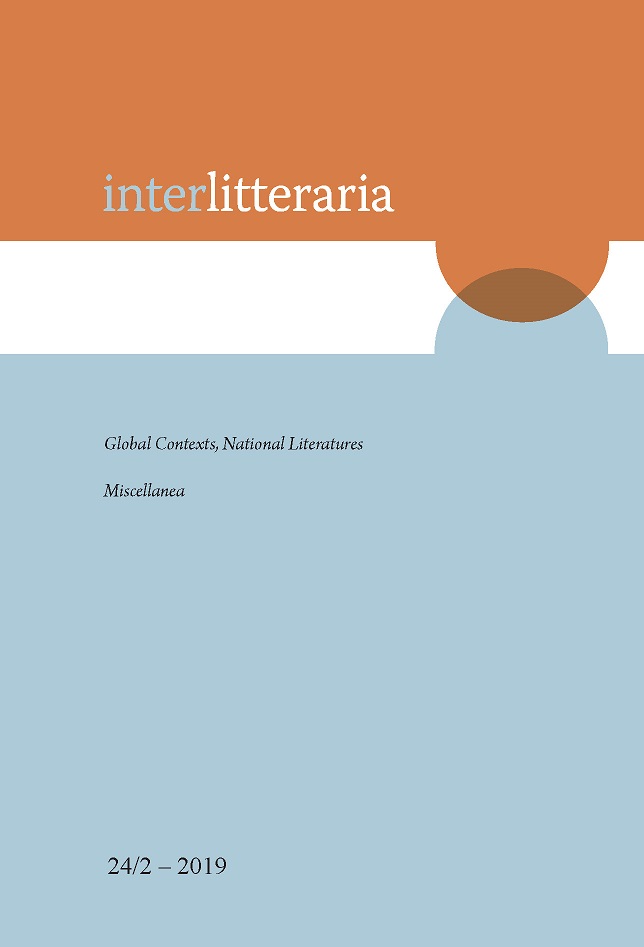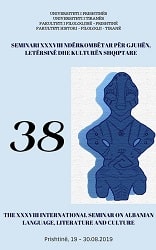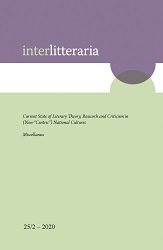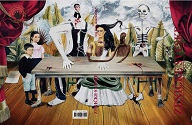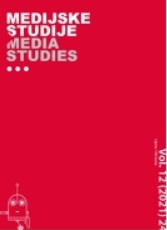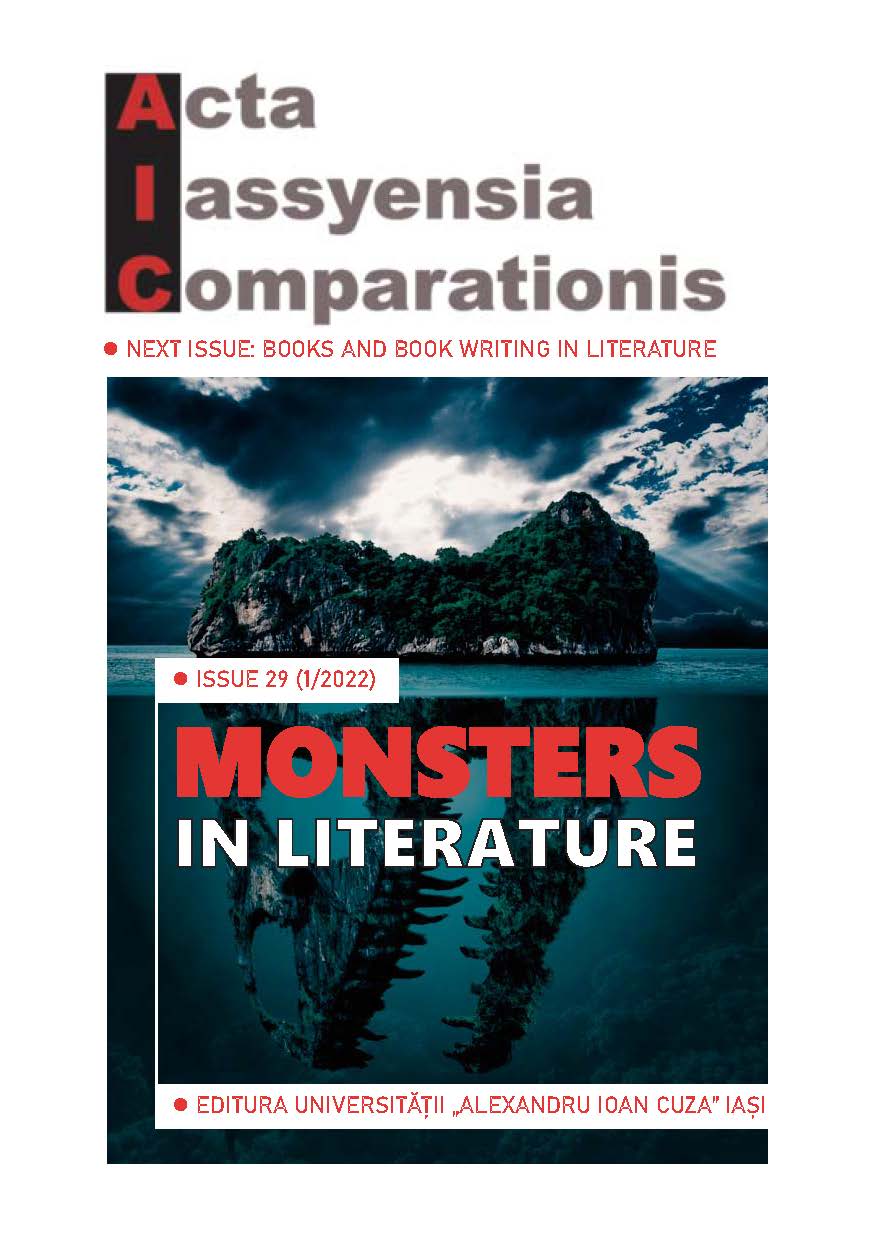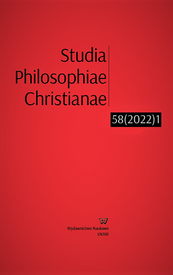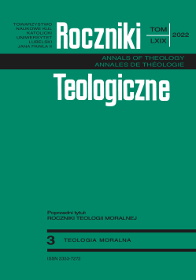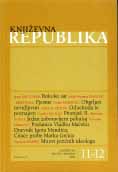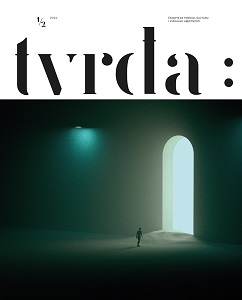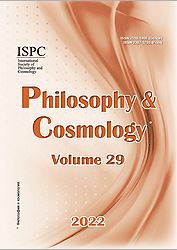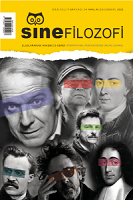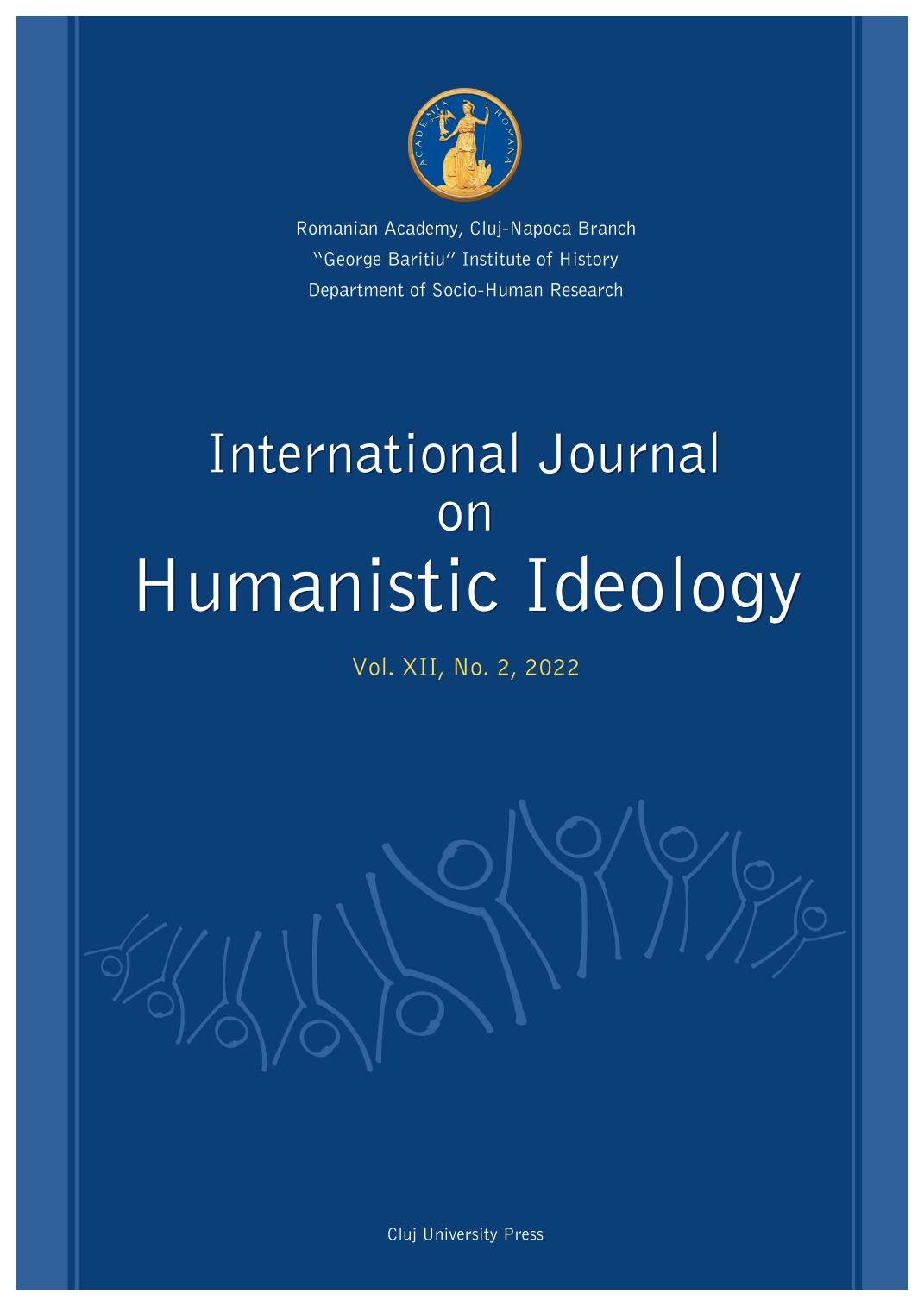Author(s): Viktor Okorokov / Language(s): English
Issue: 29/2022
The issue of the European thinkers’ purity of consciousness is studied from the standpoint of the later M. Heidegger (in polemic with F.J. Gonzales and T. Sheehan). The article shows that Heidegger, having embarked upon the searching for new thinking, chooses the European thinking origins and, starting from the “Contributions to Philosophy (of the Event)”, he already refuses to distinguish between being and time, that is, he is looking for a third principle (thinking) for their joint grip. We believe it is no longer the being that follows from the understanding of time, but being and time from the understanding of thinking (and even thinking of being). In this new dimension of consciousness, thinking falls into the time-like phenomenology dimension, commuting with being and time. Based on the analysis of the subsequent working of Heidegger, we can conclude that thinking must go through the metaphysics path to return to its wholeness (at the origins), but already to the existential temporal unity. Thinking, commuting with being and time, starts to bend like the light in the black hole (according to the general theory of relativity of Einstein) and split (Heidegger uses the term “the Clearing of Being”). Existential thinking is a special case of this gap. It was that new dimension of thinking that the mystics and the Eastern sages aspired to. The topos, where being is joined to time, is the ultimate (pure) thinking that has overcome ignorance or attachment to the material world. It is through this dimension we begin to understand not only what being is, but also what time is, as thinking begins to distinguish its time, it temporalizes and starts to listen to its own “breathing” or temporalization of time (Heidegger wrote about). In such dimension, thinking turns into that original topos, when all connected with being flows inherently, be it Gods, humans, or the things grasping (everyone goes the way of being). The ideas of later Heidegger suggest that thinking can appear only where the being clearly exists (and Tao in its non-manifestation). Thinking arises only in conjunction with being and a new topos (thinking of being). Thinking is the gift of the being through the clearing (interspace), the one that allows you to grasp both the being and Tao. Nevertheless, based on the later M. Heidegger, it can therefore be concluded that almost fifty years after the writing of “Being and Time”, European thinkers still have not learned to think, since what awakens true thought, what should encourage us to think, and what is associated with pure thinking, has not yet awakened. It does look as if the later Heidegger was close to the idea that time reveals not only the being but also consciousness. In the classical dimension of thinking of being beyond the boundaries, both time and the being disappear, thereby closing the path to pure thinking (to avoid the “true”).
More...

